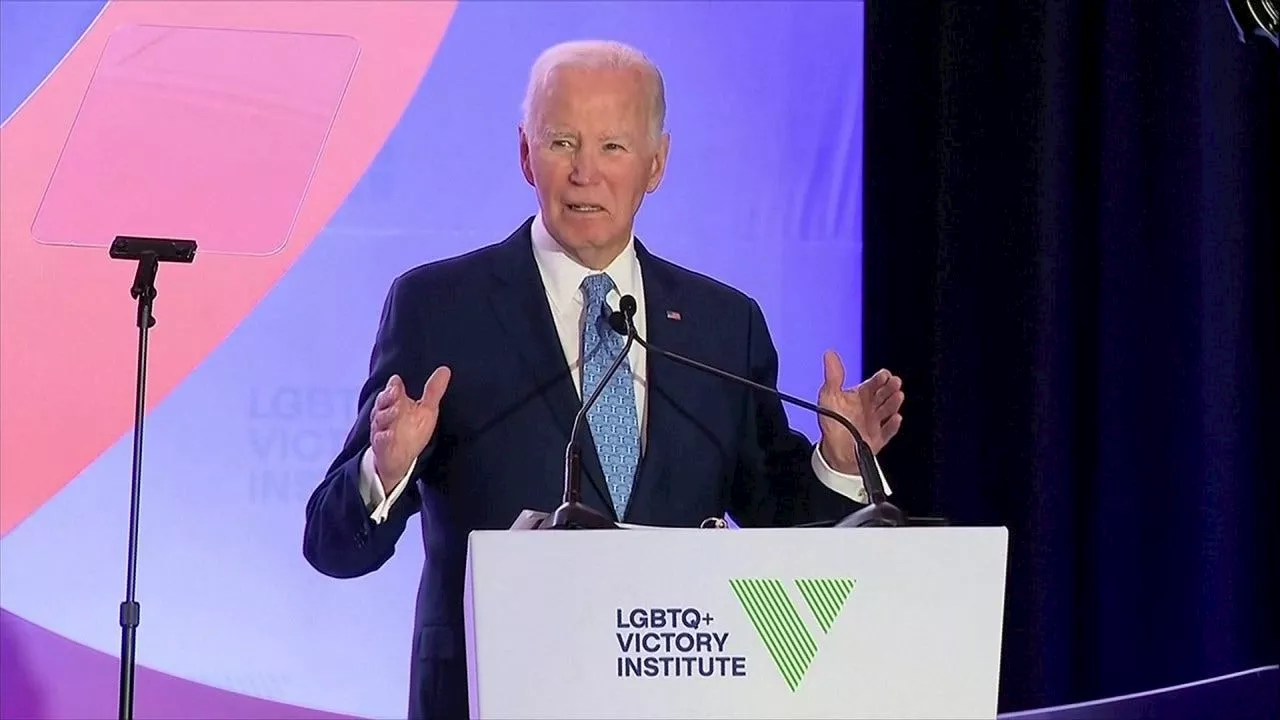UPDATE: As the government shutdown drags into its third week, U.S. lawmakers are taking urgent action to ensure that Congress feels the financial pain just like federal workers do. Since the shutdown began on October 1, 2023, hundreds of thousands of federal employees have been furloughed without pay, while essential workers like air traffic controllers continue to work without compensation.
In a notable shift, lawmakers are now introducing bills aimed at cutting their own pay during shutdowns. Senator John Kennedy (R-La.) has introduced the Withhold Member Pay During Shutdowns Act, which would reduce the annual salaries of Congress members by the number of days spent in a shutdown. Meanwhile, Senator Lindsey Graham (R-S.C.) has proposed a constitutional amendment that would bar lawmakers from receiving pay during shutdowns, redirecting these funds to the U.S. Treasury to reduce the national debt.
“If Members of Congress had to forfeit their pay during government shutdowns, there would be fewer shutdowns and they would end quicker,” Graham stated. This sentiment is echoed by a range of bipartisan proposals aimed at making lawmakers accountable during such crises.
In the U.S. House of Representatives, several bills are on the table, including Rep. Mike Kennedy’s (R-Utah) No Work, No Pay Act of 2025, Rep. Angie Craig’s (D-Minn.) No Pay for Disarray Act, and Rep. Derrick Van Orden’s (R-Wis.) own constitutional amendment. Each aims to ensure that Congress members receive no pay as long as the shutdown continues. Lawmakers currently earn an annual salary of $174,000, meaning they could lose over $1,000 per workday if these bills pass.
Additionally, Rep. Frederica Wilson (D-Fla.) is pushing the Government Shutdown Salary Suspension Act, which would prohibit not only Congress but also the president and vice president from receiving pay during a shutdown.
Tensions are rising as the shutdown affects critical federal programs, including food assistance programs like SNAP. President Donald Trump has voiced frustration with Senate Republicans in a recent social media post, urging them to eliminate the filibuster. “Get rid of the Filibuster, and get rid of it, NOW!” he declared.
Negotiations remain stalled, with both Democratic and Republican leaders seemingly content to play a waiting game. Democrats are demanding an extension of pandemic-era benefits, while Republicans accuse them of holding the government hostage.
However, there are signs of potential bipartisan cooperation. Representatives Bill Huizenga (R-Mich.) and Scott Peters (D-Calif.) have introduced the No Budget, No Pay Act, which would also withhold lawmaker salaries during funding lapses. “If Congress can’t fulfill its most basic duty to pass a budget, it shouldn’t get paid, and Members of Congress shouldn’t get back-pay either,” Huizenga stated.
As lawmakers push to make their pay contingent on their performance, the stakes are higher than ever for federal workers and the American public. The outcome of these proposals could reshape the dynamics of future government shutdowns, making it critical to follow these developments closely.







